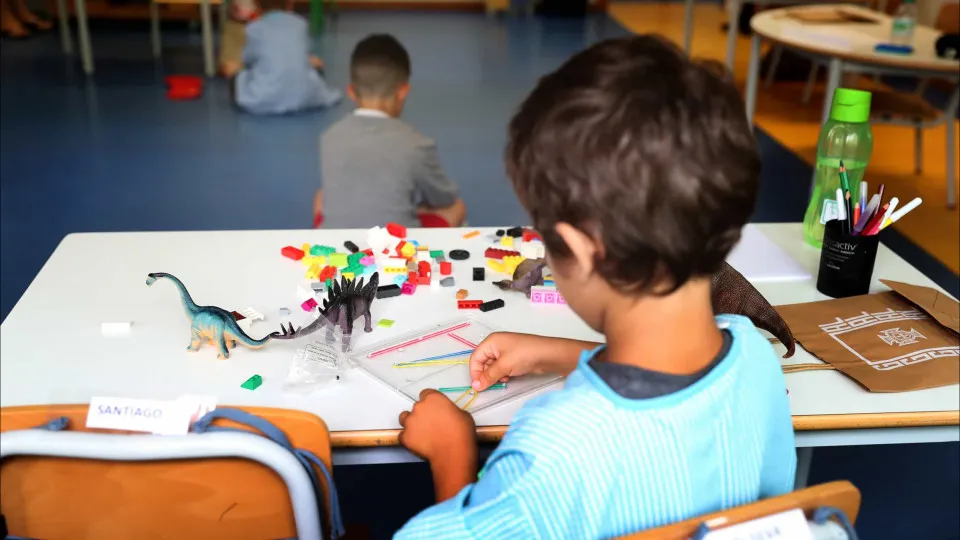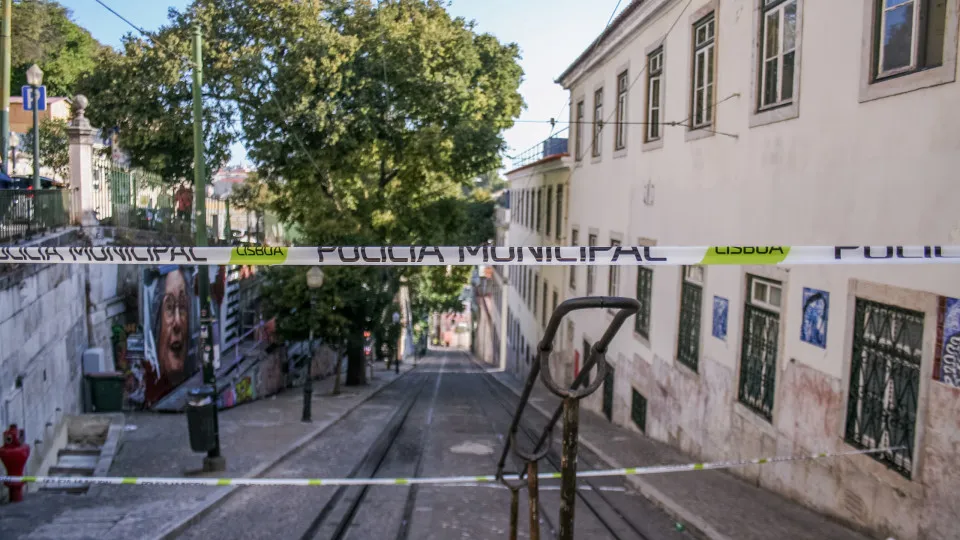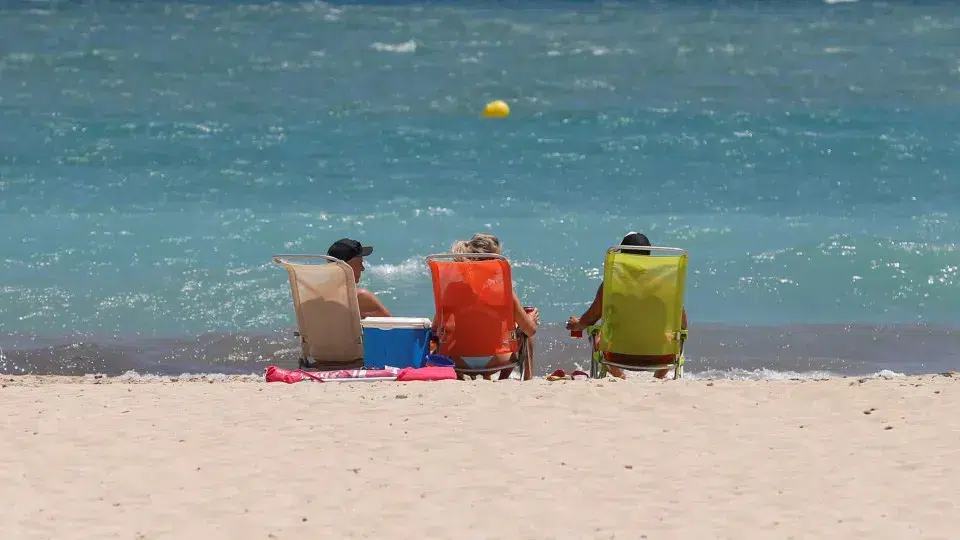
The Council of Ministers approved an expenditure of 42.5 million euros on Thursday to expand preschool availability in the coming academic years.
The funds are aimed at forming association contracts with schools, with a concluded competition resulting in the approval of funding for 1,313 places, which is significantly below identified needs. A competition for up to five thousand places with social establishments is ongoing.
In these cases, financial contributions are allocated per child, equating to 208.05 euros, or 15,000 euros per new classroom incentive.
Given the lack of response from the private and cooperative sectors, the funding approved on Thursday will also be used to form collaboration agreements with municipalities for the academic years 2025/2026 to 2027/2028.
“We are talking about a temporary, urgent response,” said the Minister of Education, Science, and Innovation during a press conference to explain measures approved the previous day.
With support potentially reaching up to 42,000 euros per classroom, agreements might be made with 30 municipalities, mostly in the Lisbon Metropolitan Area, where shortages are more acute. The ministry estimates up to 7,000 places could be created.
According to data from the Enrollment Portal, shared by the Ministry of Education, the issue is most significant in the municipality of Sintra, which lacks 67 rooms, followed by Seixal with a requirement for 27 rooms, and Odivelas needing 20.
Of the 19 municipalities with the highest shortages, showcased during the minister’s presentation, only three are outside the Lisbon Metropolitan Area: Portimão, Albufeira, and Faro.
Among the 19, there are 14 municipalities needing at least 10 preschool classrooms.
In response to a question about the need to review the association contract financial contribution, a primary reason cited by institutions for the low number of applications in the last competition, Fernando Alexandre acknowledged a funding problem.
“For many years, that update was not made,” the minister said, recalling that in February the government increased the monthly amount paid per child in the social sector by 30 euros, hence unable to open a competition for the private and cooperative sectors with a higher amount.
“We are also very committed to strengthening the public network,” he emphasized, noting that the goal of agreements with municipalities is to make resources available to local authorities so that unavailability is no longer an argument for the absence of supply.
On Thursday, the Council of Ministers also approved a 27.2 million euro expenditure for forming program contracts with higher education institutions to encourage teacher training until 2030.
The goal is to fund the training costs of bachelor’s degrees in basic education and master’s degrees in teaching, as well as to create incentives for new class openings and teacher training courses in areas with the most significant need (Lisbon Metropolitan Area, Setúbal Peninsula, and Algarve).
In the realm of Higher Education, a new law proposal altering the Legal Regime of Higher Education Institutions (RJIES) was approved. Discussions on this have been ongoing with sector representatives since July, and it will now proceed to the Assembly of the Republic.
Two decrees formalizing the creation of two new structures and phasing out four others as part of the MECI reform were also approved, as announced in late July.
The Institute for Higher Education will replace the Directorate-General for Higher Education and the National Erasmus + Education and Training Agency, while the Agency for Research and Innovation will take the place of the Foundation for Science and Technology and the National Innovation Association.
Regarding the new agency, Fernando Alexandre mentioned that further details would be provided at a joint press conference with the Minister of Economy and Territorial Cohesion, with no date yet set.




